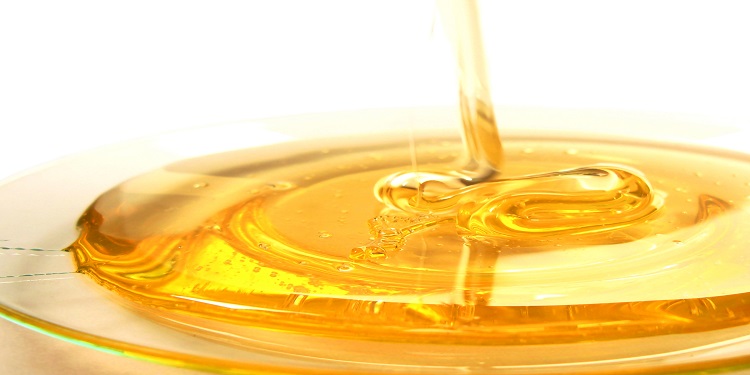Improving Stability Of Lecithin With Oxivert Natural Antioxidant
Problems in lecithin

The source and purity has been reported to influence the stability of Lecithin. Lecithin is known to degrade on exposure to air, and for that degradation to cause a decrease in pH. The extent of degradation and its effects are complicated and depend on the exact composition of lecithin.
The degradation requires an aqueous environment or the presence of sunlight, or both. On storage, lecithin degradation is probably also a trigger for degradation of emulsion lipids resulting in enhanced degradation.
Our product Oxivert is a solution to avoid the degradation.
Effects on quality of Formula
The degradation of lecithin decreases the pH of the solution and thus the stability of many emulsions. Heating leads to discoloration of lecithin and is generally considered to be unfavorable to product quality.
In broad terms, for example, if the system is dominated by phosphatidylcholines (PCs), released free fatty acid spartition into the oil phase and any decrease in pH is minimal. In the presence of phosphatidylethanolamines (PEs), released free fatty acids tend to partition into the aqueous phase, decreasing the pH and causing faster degradation.
Case study
Effect of OXIVERT- SOM on stability of lecithin powder
Lecithin powder possesses the properties of binding with both lipids and non-lipids, and can keep ingredients possessing oil and water together. De-oiled lecithin is primarily used as emulsifiers, wetting agent, antioxidant, surfactants, dispersants, instantizing agent, viscosity modifiers, release agents and lubricants.
De-oiled lecithin consist of three major steps: mixing crude lecithin in hexane, separation of triglycerides from phosphatides through a membrane and evaporating the retentate. Antioxidants, dissolved in hexane, were added before evaporating the hexane from solvent.
All the samples were analyzed at 90 ᵒC under 6 bar pressure. The rate of oxidation was accelerated by two parameters: temperature and pressure.
Different concentrations of OXIVERT-SOM and TBHQ were compared in lecithin powder. Lecithin samples containing 50, 100 and 150 ppm OXIVERT-SOM was prepared separately. The stability of Lecithin samples containing TBHQ in 100 and 200 ppm concentration were also tested for comparative purposes. Control sample without added antioxidants was also studied under same conditions.
Conclusion – Lecithin stabilized with 200 ppm TBHQ showed lower IP value than the lecithin stabilized with 100 and 150 ppm OXIVERT-SOM.


